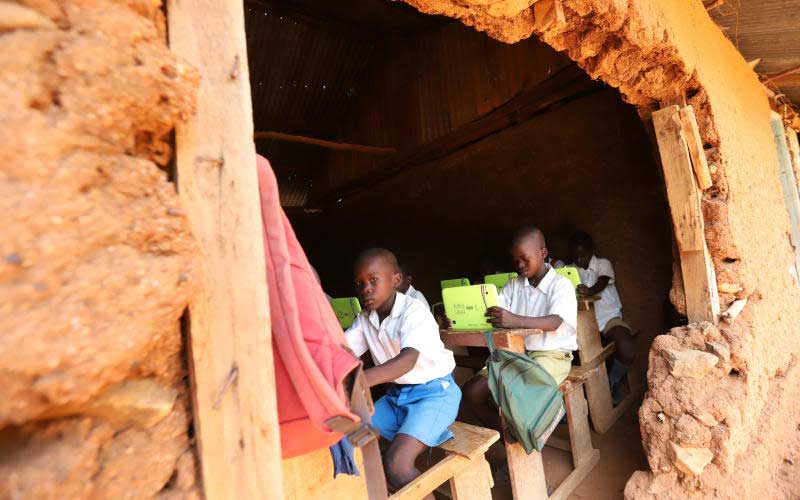×
The Standard e-Paper
Fearless, Trusted News

Poor training, constrained access to programme administrators, maintenance of laptops as well as poor power supply and internet connectivity are among challenges dogging the digital literacy programme in Nyanza.
This has affected syllabus coverage in most schools the Sunday Standard team visited.







